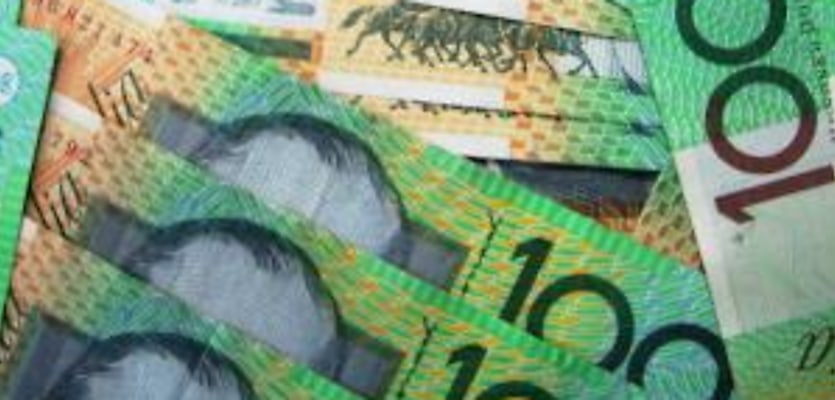A crime-fighting agency has linked agents to the laundering of tens of millions of dollars.
A report by the federal government’s financial intelligence unit, AUSTRAC, has identified real estate as a “significant money laundering channel” in Australia.
AUSTRAC said authorities recovered or restrained about $86 million in high-value criminal assets, including real estate, during 2012/2013.
Criminals like to launder money through real estate because purchases can be made in cash while disguising the ultimate owner, according to the report.
They also like the fact that real estate is a relatively stable asset – and one whose value can even be increased through improvements.
The report said that criminals use agents to help them launder money because agents can provide access, sometimes unwittingly, to legitimate financial and corporate systems.
“The use of a professional provides a veneer of legitimacy to criminal activity and a buffer between criminals and their financial activities and assets,” it said.
The report said another way in which agents help criminals launder money is by colluding with them to transact property at manipulated prices.
Some criminals like to buy undervalued properties – they pay the difference with undisclosed cash payments so the purchase price is consistent with their declared income.
Other criminals like to purchase overvalued properties. This allows them to obtain larger mortgages and launder more money via repayments.
“Criminals may further confuse the audit trail by reselling property in quick succession,” according to AUSTRAC.
“The property is sold at a higher value, either to related or acquainted third parties, or to companies or trusts controlled by the criminal. This gives an appearance of seemingly legitimate profits while the criminal maintains ultimate control over the property.”
The report said that criminals also use investment properties to launder money.
One method is to provide the tenant with dirty money to cover the rent; another method is to deposit illicit funds into a rental account so it appears to be legitimate income.
AUSTRAC said warning bells should ring if clients want to buy property in the name of a third party, buy multiple properties in a short period, and seem unconcerned about prices.
Other danger signs are if the client appears to be acting on behalf of a mystery party they are reluctant to identify and cash deposits are used to make rental payments months in advance.
Real estate agents aren’t subject to the provisions of the Anti-Money Laundering and Counter-Terrorism Financing Act 2006.
[Related: Foreign buyers linked to tax fraud]







You are not authorised to post comments.
Comments will undergo moderation before they get published.